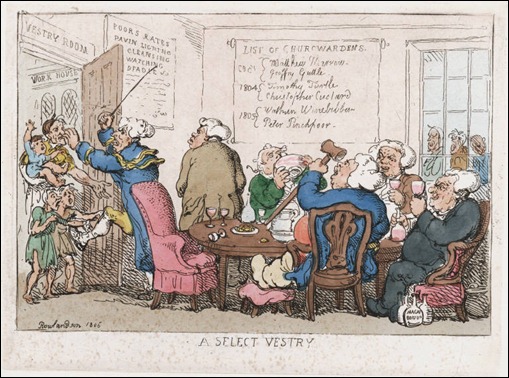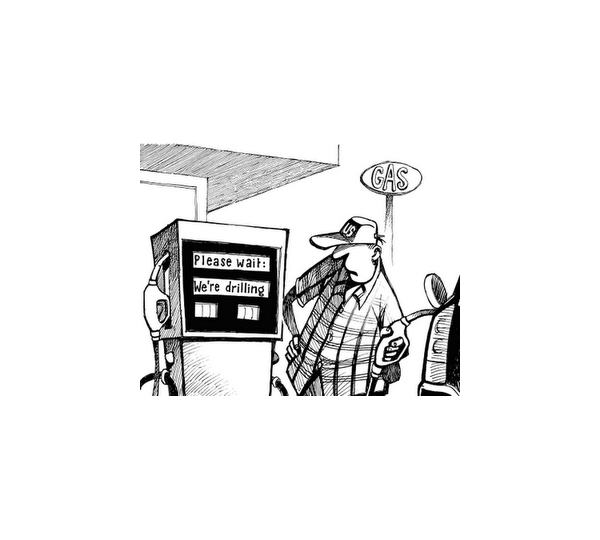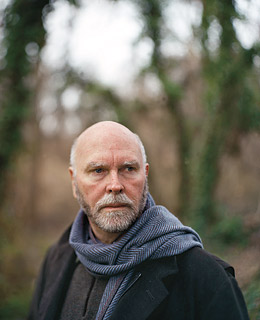How to fund a great BBC … without creating 142,000 new criminals a year
Not one Hollywood studio or record label company has ever incarcerated anyone merely for not paying for media consumption. A few years ago the entertainment industry filed civil suits against individuals, but received so much criticism it stopped. Now they target industrial-scale pirates, or push for milder sanctions such as speed slowdowns and contract termination.
To any reasonable person, prison is a harsh and unjust punishment for the action of not paying for media. This may be antisocial behaviour, but arguably less so than many crimes that receive a small fine or caution. A criminal conviction affects the individual’s job prospects and credit rating.
However, there’s a unique exception.
3,000 Britons a week, mostly in the lower income brackets, are being given criminal records for refusing to pay big media licensing fees. Figures from the Ministry of Justice show 165,000 have been prosecuted in the past twelve months, with 142,375 convicted and sentenced. This amounts to ten per cent of all court cases heard by magistrates. 74 individuals have even gone to prison for non-payment of the compulsory per-household fee, which sees all funds raised going to just one large media company: the UK broadcaster, the BBC.
Magistrates say they have pushed for a fairer subscription system for twenty years, and wanted it introduced with the switchover to digital TV. But it hasn’t happened.
In the internet era, refusing to pay for movies news and music – being a ‘paytard’ – is advocated by some. But this is minority fringe view; generally as a society we consider not paying for what we use to be unfair. So how unfair is being asked to pay for something you don’t use, but somebody better off than you really likes? It’s this socially regressive aspect of the fee that poses all kinds of problems.
Read more






